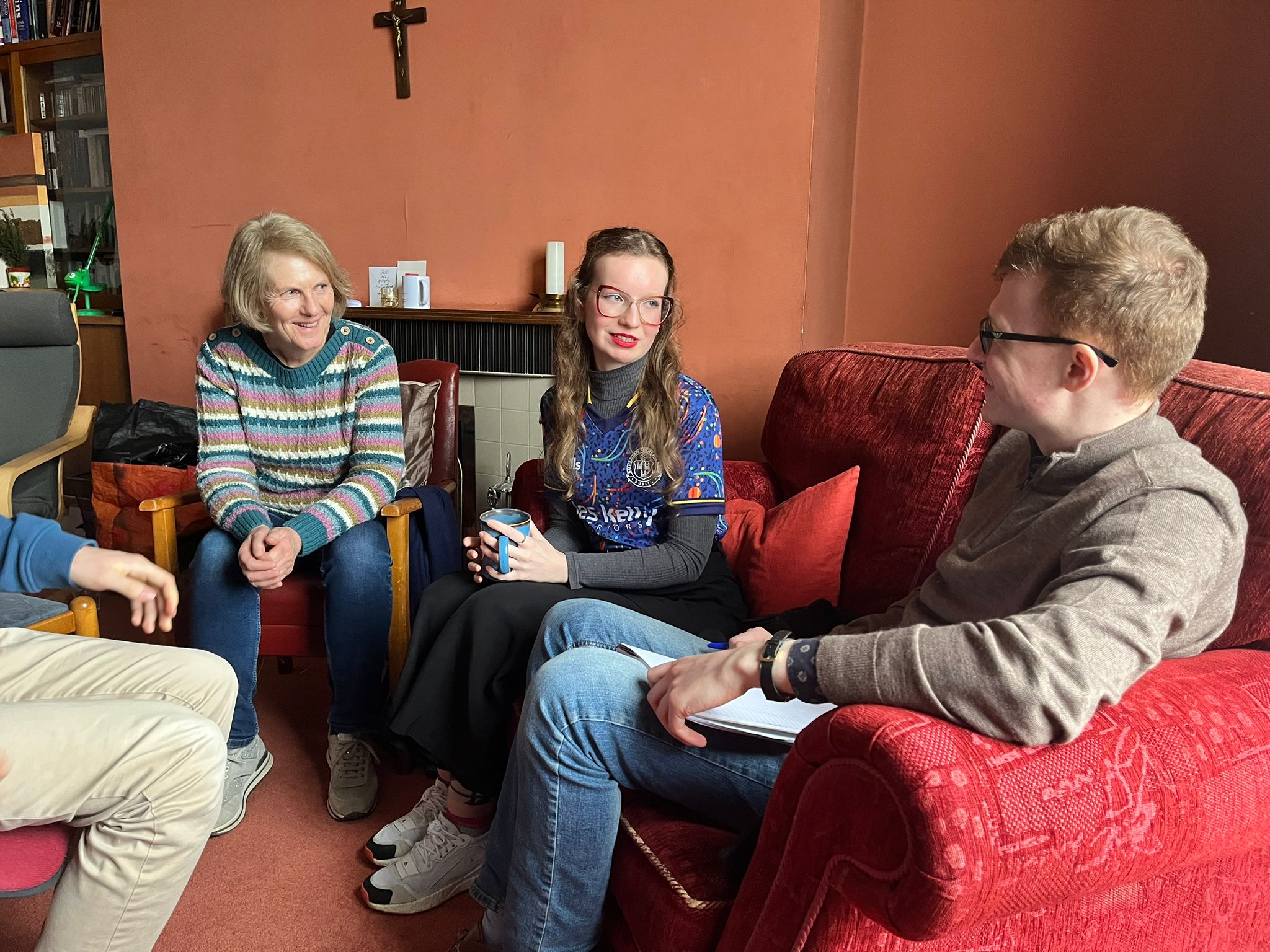![]()
Economic Justice
Economic justice is perhaps the fulcrum around which all social justice debates in contemporary society rotate. In our political discourse, every question of human flourishing seems to be reduced to bottom-line thinking.
The Jesuit Centre for Faith and Justice works to combat injustice and marginalisation in Irish society, through social analysis, education and advocacy. The Centre highlights complex social issues, informs opinion and advocates for governmental policy change to create a fair and equitable society for all.
![]()
Economic justice is perhaps the fulcrum around which all social justice debates in contemporary society rotate. In our political discourse, every question of human flourishing seems to be reduced to bottom-line thinking.
![]()
Care of creation or protection of the environment emerged as a key element of social justice in recent decades. The science of ecology has described the intricate web of relationships in which people play an active part for good and bad.
![]()
The right to a safe and secure place to live is one of the most basic human rights, it is fundamental to enable people to live a dignified life. Without the security provided by having somewhere to live, physical and mental health is at risk.
![]()
People in prison are amongst the most marginalised and vulnerable in our society. The majority have left school early, experience literacy and learning difficulties and have a history of unemployment.

The Economy of Francesco is a global movement of young adults seeking to transform and rethink the economy. A local hub has just been in established in Ireland.

For many people, Lent is a time to temporarily abstain from chocolate. Is this self-denial pleasing to God? Niall Leahy SJ takes a closer look at the chocolate industry before making up his mind.

Those caught in this situation are often too unwell to stand trial, condemned to spend an indeterminate time in an overcrowded prison. Prisons, which have a deleterious effect on those with stable mental health, exacerbate the rapid fraying of a person’s mind. It is not too much to draw an equivalence to torture.

In Manchán Magans’ book “99 words for rain (and only one for sun)” he effortlessly evoked the prevailing weather system in Ireland. Rain is one of Irelands defining features and it is responsible for our description as the Emerald Isle. All this to say that we are used to rain in Ireland – but not… Read more »
Working Notes is a journal published by the Jesuit Centre for Faith and Justice. The journal focuses on social, economic and theological analysis of Irish society. It has been produced since 1987.